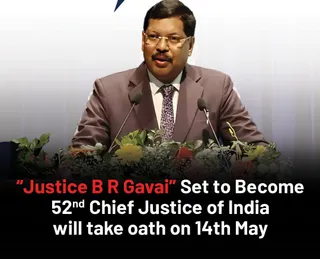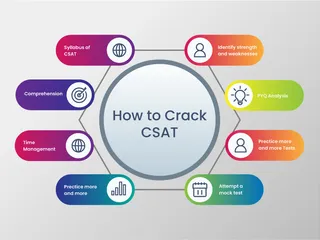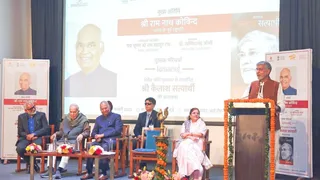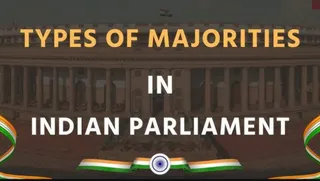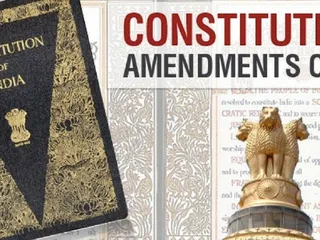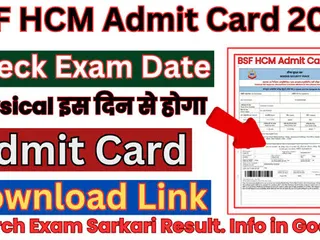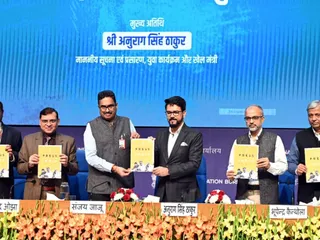Parliaments are the legislative bodies responsible for creating laws that govern a state or nation. The process of creating these laws, known as legislation, is complex and involves several key stages:
Stages of Lawmaking:
- Bill Introduction: A proposed law, known as a bill, is introduced to parliament, usually by a member of the government (minister) or a private member.
- First Reading: The bill is formally introduced and read aloud. This is generally a formality.
- Second Reading: A debate takes place on the principles of the bill. Members of parliament discuss the bill's aims and objectives. Amendments may be proposed.
- Committee Stage: The bill is examined clause by clause in a committee. This allows for detailed scrutiny and further amendments.
- Report Stage: Any amendments made in committee are reported back to the whole parliament for consideration and voting.
- Third Reading: A final debate takes place on the amended bill, followed by a final vote. If passed, it moves to the upper house (if applicable).
- Upper House (Senate or equivalent): In bicameral systems (those with two houses of parliament), the bill repeats the process in the upper house. Amendments may be made here and negotiated between houses.
- Royal Assent: Once passed by both houses (or the single house in unicameral systems), the bill receives royal assent (or a comparable final approval from the head of state). This officially makes it an act of parliament—law of the land.
Variations in the Process: The exact process can vary slightly depending on the country's specific parliamentary system and rules. For example, some systems may have more or fewer stages, or different names for the stages. However, the fundamental principles remain the same: debate, amendment, and final approval.
Further Research: To learn more about the lawmaking process in a specific country, it's advisable to consult that country's official parliamentary website.








